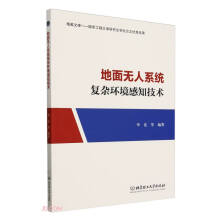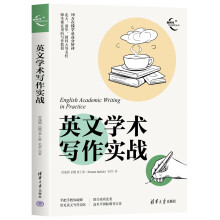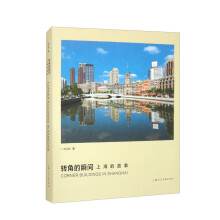But what he had caused Yelverton to suffer he was now to sufferhimself. He was left to his fate, although it is hard to see how Jamescould have moved in the matter. The sencence pronounced uponthe Lord Chancellor was that he be fined 40, 000, imprisoned inthe Tower during the King's pleasure, declared incapable of holdingoffice in the State or of sitting in Parliment, and that he shouldnot come within the verge of the Court. No sooner, however, wasthe sentence pronounced than it was mitigated by royal order; hewas released from the Towcr and retired to Gorhambury. Thereafterthe fine was remitted ancl the prohibition against his presence atCourt revoked, but the bar against sitting in Parliament was neverremoved. From a literary and philosophical point of view the last periodof Bacon's Life was che most glorious. "The virtue of Prosperity istemperance; the virtue of Adversity fortitucie, which in morals is themore heroical virtue. Prosperity is the blessing of the Old Testament;adversity is the blessing of the New, which carrieth, the greaterbenediction and the clearer revelation of God's favour." Thesesentences, written after his fall, show the effect it had produced uponhim. By no student of Bacon's works can this Essay "On Adversity"be read without emotion. Smarting under his disgrace, Bacon turnedwith eagerness to the intetllectual pursuits his official duties hadinterrupted. In profound study he found an anodyne, and his delightin such lahours is finely reflected in his Essay "OfNature in Men." His activity was phenomenal. Five months after his fall hecompleted his History of Henry Ⅶ., which received the praise ofGrotius and Locke as a model of philosophical history-writing; hebegan his H/story of Henry Ⅷ., sketched the outline of his Historyof Great Britain, made neotes for his Digest of the Laws of Englandand Scotland, and prepared his Dialogue on the Sacred War. In 1623appeared the De Augmentis, the Latin translatiun with expansionof the Advancement of Learning, and his unfinished philosophicalromance "New Atlantis," designed as a half-practical, half-poeticalsuggestion of a College of Thinkers, partially realised afterwardsin the Royal Society. Not the lease important work was the finalrevision of his famous Essajs, with as many new papers added asraised the total number to fifty-eight. This was his last literaryundertaking, and was published a few months before his death. For some time he had been growing increasingly feeble; yethe did not remit his labours. He died incleed a singular martyr t。science. On a bitterly cold day he descended from his carriage,purchased a fowl, killed it, and with his own hands stuffed it withsnow, to see if cold would prove an agenr in arresting putrefaction.Scarcely was this done, than he felt a chill striking through hissystem. Too ill to return home, he was carried to the house of LordArundel, where, exactly a week later, on April 9, 1626, he passedpeacefully away. He was buried, as he desired, near his mother, inthe Church of St Michael, St. Albans. ……
展开










